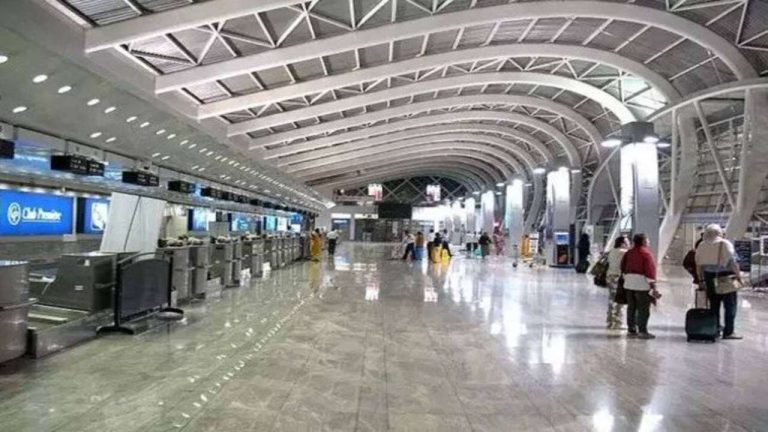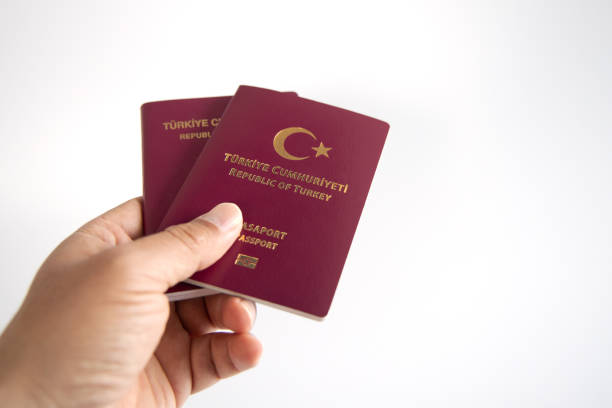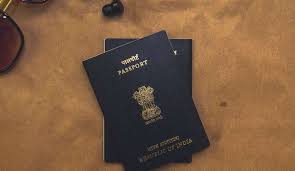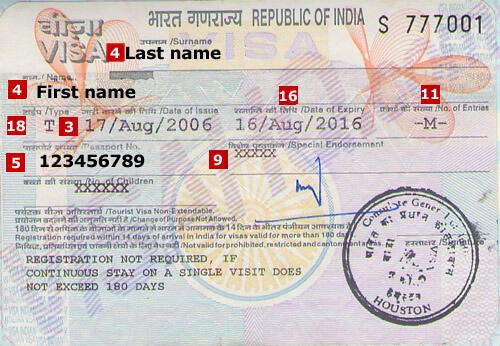5 Types Of Indian Visas You Might Encounter And How To Handle Them
If you are a foreigner visiting India for tourism, business or work purposes, you may need to obtain a visa. However, not all foreigners are eligible to receive a visa and some visitors may encounter difficulties when applying for one. In this article, we will discuss five types of Indian visas and how to handle them if you are denied entry into India. TYPES OF INDIAN EVISA
What are 5 Types of Indian Visas?
If you’re planning a trip to India, you’ll want to be aware of the different types of visas that are available. Here are five of the most common:
- Tourist Visa: This is the most common type of visa and is good for up to six months. It’s valid for travel to any part of India, except the disputed territories in Kashmir. To get this visa, you’ll need a passport valid for at least six months after your planned departure from India and a confirmation letter from your travel agent or sponsor.
- Business Visa: This type of visa is good for businessmen who want to invest in India or conduct business activities related to trade, investment, or tourism. You must have a confirmed business plan and proof that you will not stay longer than 90 days in any one location within India. The visa requires a letter from your employer confirming your employment status and job description in India.
- Research Scholar Visa: This type of visa is designed for scholars who will be conducting research in India for at least three months. To qualify, you must have a current passport and an offer of full-time (at least 30 hours per week) research work from an Indian institution or organization sponsoring your visit. The research scholar visa requires a letter from your sponsoring institution or organization as well as documentation verifying your academic qualifications and projected research agenda. INDIAN VISA REJECTED
- Employment Visa: If you’re looking for work in India, this is the type of visa
How to Handle a Foreigner With an Indian Visa
If you encounter a foreigner with an Indian visa, the best course of action is to speak to the individual in your language. If you don’t know the person’s language, try asking for their passport and visa. When speaking to the foreigner, be polite and respectful, and avoid making assumptions about their immigration status. If necessary, ask for identification such as a driver’s license or passport to verify their identity.
What if your Indian Visa is Rejected?
If you are an Indian traveler who has applied for a visa to visit your home country, you may be wondering what will happen if your application is rejected.
The good news is that most visa applications are usually processed in a relatively short period of time, and most rejection letters will provide specific instructions on how to either appeal the decision or reapply. In some cases, however, your visa application may be rejected for reasons that have nothing to do with your qualifications as a traveler. If this happens, it’s important to understand what options are available to you and how to go about pursuing them.
There are four main types of Indian visas you might encounter: tourist visas, business visas, student visas, and work permits. Each type has its own set of eligibility requirements and procedures that must be followed in order to obtain it.
If you have been denied a visa but don’t know which type of visa you’re supposed to have applied for, or if you need help navigating the bureaucratic process involved in obtaining a visa, contact an Indian immigration lawyer or consulate in your home country. They will be able to provide guidance and assistance throughout the entire process.
What to do if you Overstay Your Visa
If you overstay your visa, there are a few things you can do to fix the problem. You might need to contact the embassy or consulate in your home country, and explain the situation. You may also be required to appear before a visa tribunal. If this occurs, it could result in a fine or even deportation.
Conclusion
If you are planning a trip to India, it is important to be aware of the different types of visas that are available. This article provides an overview of each type of visa and how to apply for and use them. Be sure to read the full article in order to get the most out of your trip and avoid any potential problems along the way!






